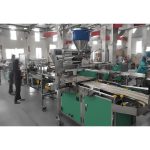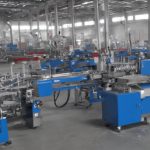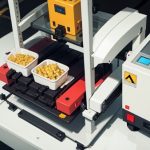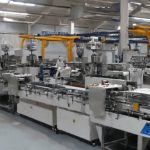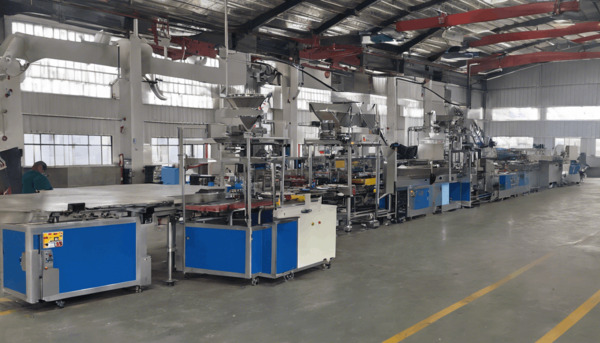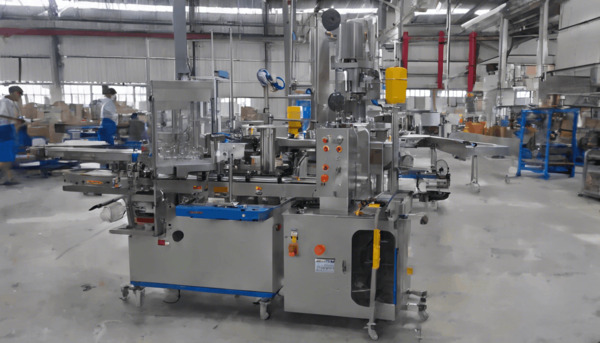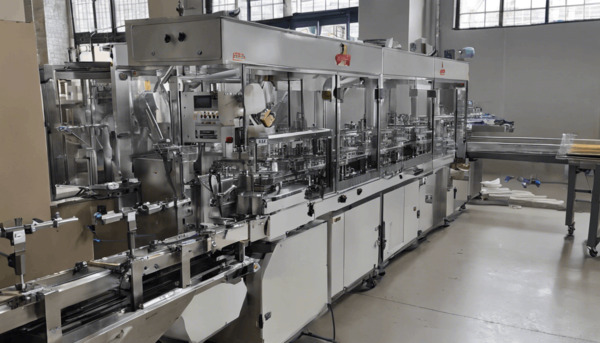
What is a Cartoning Machine?
A cartoning machine is a type of packaging machinery that is used to form cartons: boxes or cases made of paperboard or corrugated board. These machines are an integral part of the packaging process in various industries, including food, pharmaceuticals, cosmetics, and consumer goods. The primary function of a cartoning machine is to automate the process of erecting, filling, and closing cartons, which enhances efficiency, consistency, and speed in packaging operations.
Types of Cartoning Machines
Cartoning machines can be broadly classified into two main types based on their operational mechanism: horizontal cartoning machines and vertical cartoning machines.
1. **Horizontal Cartoning Machines**: These machines are designed to handle products that can be loaded horizontally into cartons. They are typically used for packaging items like tubes, bottles, and sachets. The process involves forming a carton, inserting the product horizontally, and then sealing the carton. Horizontal cartoning machines are known for their speed and are often used in high-volume production environments.
2. **Vertical Cartoning Machines**: In contrast, vertical cartoning machines are used for products that are inserted vertically into the carton. These machines are suitable for packaging products like jars, vials, or any product that needs to be dropped into the carton. Vertical cartoning machines are generally slower than their horizontal counterparts but are ideal for products that require careful handling during packaging.
Components and Functionality
A typical cartoning machine consists of several key components that work together to perform the packaging process:
– **Carton Magazine**: This is where the flat cartons are stored before being picked up for forming. The magazine is designed to hold a stack of flat cartons and feed them into the machine as needed.
– **Carton Erector**: This component picks up a flat carton from the magazine and forms it into a box shape. The carton is then positioned to receive the product.
– **Product Loading System**: Depending on the type of machine (horizontal or vertical), this system loads the product into the erected carton. This can be done manually or automatically, depending on the machine’s design and the nature of the product.
– **Carton Closing and Sealing**: Once the product is loaded, the carton is closed and sealed. This can be done using various methods such as glue, adhesive tape, or tuck-in flaps, depending on the requirements of the packaging process.
– **Discharge System**: The final step involves discharging the sealed carton from the machine, ready for further processing or shipment.
Applications of Cartoning Machines
Cartoning machines are used across various industries due to their versatility and efficiency. Some common applications include:
– **Food Industry**: Packaging of cereals, snacks, frozen foods, and confectionery items.
– **Pharmaceutical Industry**: Packaging of medicines, tablets, and medical devices.
– **Cosmetics Industry**: Packaging of beauty products, creams, and lotions.
– **Consumer Goods**: Packaging of household items, electronics, and toys.
Advantages of Using Cartoning Machines
The use of cartoning machines offers several benefits, including:
– **Increased Efficiency**: Automating the cartoning process reduces the time and labor required for packaging, allowing for higher production rates.
– **Consistency and Quality**: Machines ensure that each carton is formed, filled, and sealed consistently, maintaining high quality and reducing the risk of errors.
– **Cost Savings**: By reducing labor costs and minimizing material waste, cartoning machines can lead to significant cost savings in the packaging process.
– **Flexibility**: Modern cartoning machines can be easily adjusted to accommodate different carton sizes and product types, making them versatile for various packaging needs.
Conclusion
Cartoning machines play a crucial role in the packaging industry by automating the process of forming, filling, and sealing cartons. Their ability to enhance efficiency, ensure consistency, and reduce costs makes them an invaluable asset for businesses looking to optimize their packaging operations. As technology advances, cartoning machines continue to evolve, offering even greater capabilities and flexibility to meet the diverse needs of the market.
